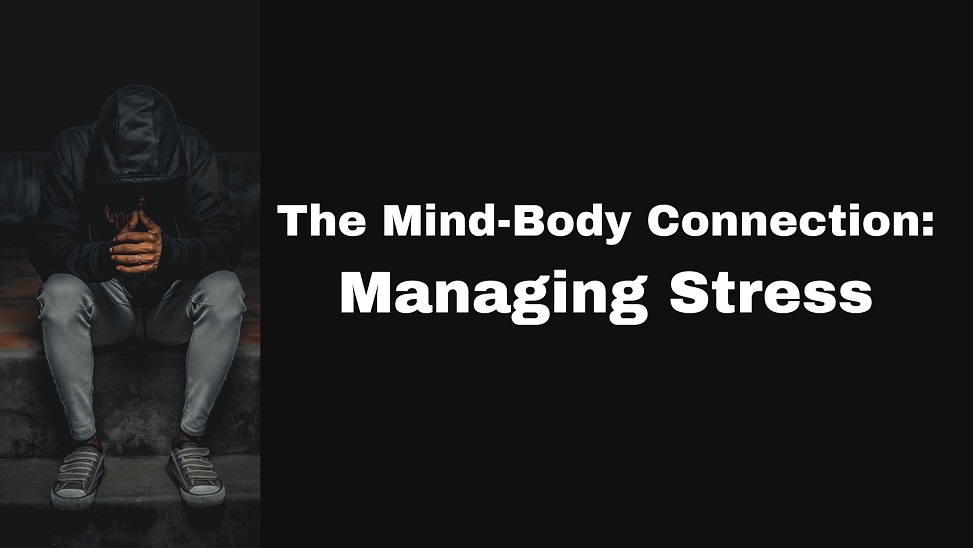The Mind Body Connection – Managing Stress
Mind Body Connection – Stress has become a constant companion for many of us in the modern world. The demands of daily life, work, relationships, and responsibilities often lead to stress that affects our minds and bodies.
However, understanding the mind-body connection can empower us to manage stress and effectively lead healthier, more balanced lives.
This article explores the intricate interplay between our mental and physical well-being, offering insights into managing stress through holistic approaches.
The Mind-Body Interaction
The mind and body are not separate entities; they are deeply interconnected systems that profoundly influence each other.
Stress is a prime example of how this interaction plays out. When the mind experiences stress, the body responds with physiological changes, releasing stress hormones that prepare us for action. However, chronic stress can create a cycle of negative effects on both fronts.
Effects of Stress on the Mind
Anxiety and Worry: Prolonged stress can lead to heightened anxiety and excessive worry. The mind becomes consumed with potential negative outcomes, making it difficult to find peace and relaxation.
Depression: The chronic stress can contribute to the development of depression. As stress affects mental well-being, sadness, hopelessness, and lethargy can become overwhelming.
Cognitive Impairment: Stress negatively impacts cognitive function, affecting memory, focus, and decision-making. The mind becomes clouded, making it harder to perform tasks efficiently.
Effects of Stress on the Body
Cardiovascular Issues: Releasing stress hormones can elevate heart rate and blood pressure. Over time, this strain on the cardiovascular system increases the risk of heart disease & hypertension.
Immune System Suppression: Stress weakens the immune system, and making the body more susceptible to infections and delaying healing.
Digestive Distress: Stress can disrupt digestion, leading to symptoms like indigestion, irritable bowel syndrome (IBS), and even worsening conditions like ulcers.
Holistic Approaches to Stress Management
Mindfulness and Meditation: These practices encourage being fully present in the moment, allowing the mind to find respite from stress. Meditation promotes relaxation and has been shown to reduce cortisol levels.
Physical Activity: Regular exercise releases endorphins, natural mood enhancers that counteract stress hormones. Engaging in activities like yoga, jogging, or dancing can alleviate stress.
Nutrition: A balanced diet rich in nutrients supports mental and physical health. Foods high in antioxidants & Omega-3 fatty acids, such as fruits, vegetables, and fish, can combat stress-related inflammation.
Sleep: Prioritize sufficient and restful sleep. Sleep is crucial for both mental rejuvenation and physical recovery from the effects of stress.
Social Support: Strong connections with loved ones provide emotional comfort and a sense of belonging. Sharing your feelings and seeking advice from friends and family can alleviate stress.
Professional Help: If stress becomes overwhelming, consider seeking therapy or counseling. Mental health professionals can provide tools to manage stress and develop coping strategies.
Conclusion
Recognizing the intricate interplay between the mind and body is essential for effective stress management.
By adopting holistic approaches that encompass mindfulness, physical activity, proper nutrition, sleep, social connections, and seeking professional help when necessary, we can mitigate the negative effects of stress.
Understanding the mind-body connection empowers us to take control of our well-being, fostering a life marked by balance, resilience, and overall happiness.
Thanks for visiting How To Cure Stress

